Propagate Cilantro: How To Grow Cilantro From Cuttings And Seed
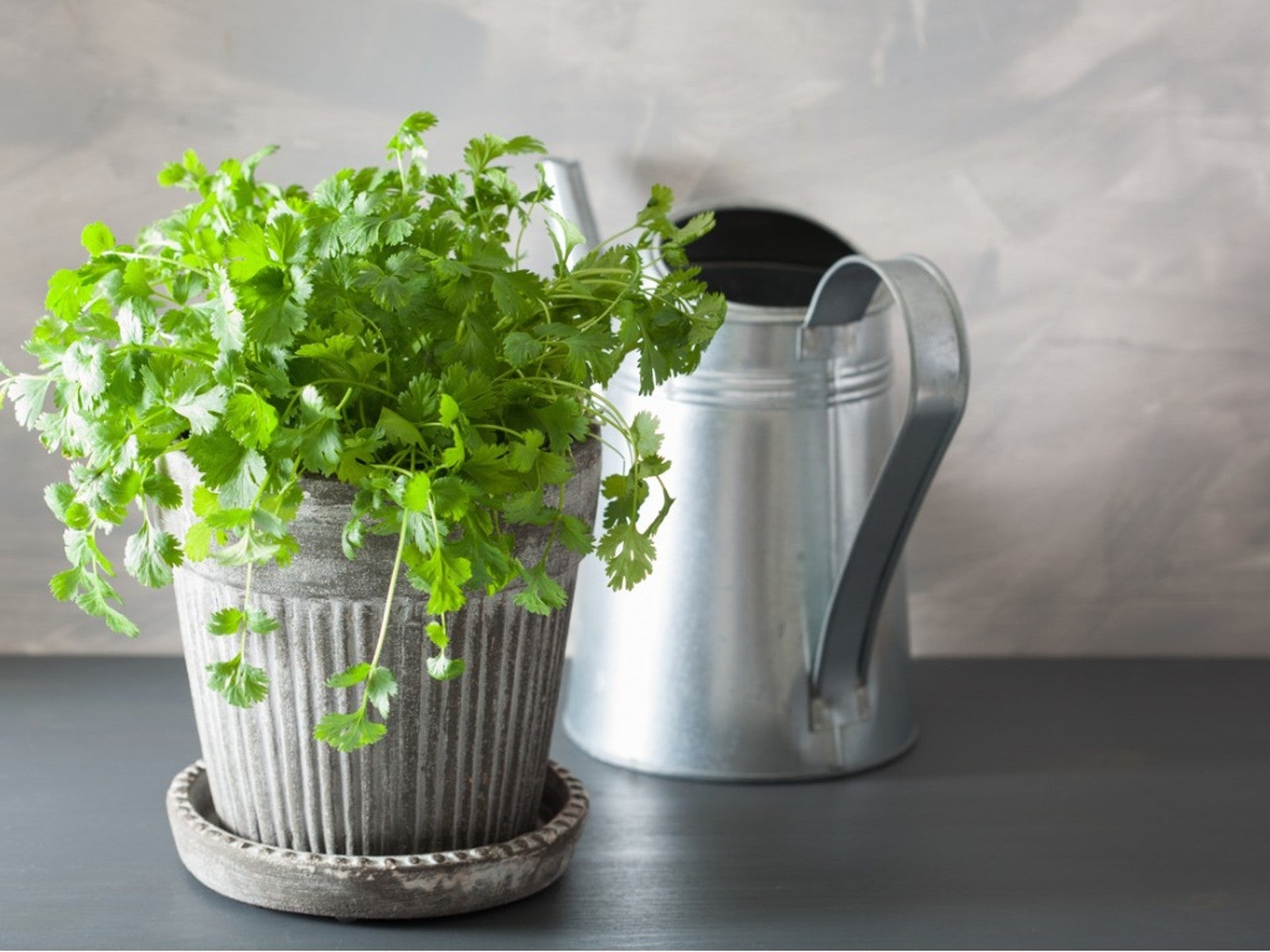

One of the main problems you’ll encounter growing cilantro is that it bolts quickly in hot weather, leaving you with flavorless leaves. Knowing how to propagate cilantro, you can keep this tasty herb going throughout the season and beyond.
About Growing Cilantro
Cilantro is the culinary term for the leaves of this plant. Did you know coriander comes from the same plant? Coriander is the spice made from the dried seeds. To enjoy one or both of these tasty seasonings, you can easily grow cilantro in an herb or container garden.
Cilantro prefers full sun but will tolerate some shade. The soil should drain well. Provide regular water, especially as it gets hot to delay bolting. Harvest the leaves as needed and to encourage more growth.
How to Grow Cilantro from Seed
It’s easy to regrow cilantro from seed. To collect seeds, let a plant flower. A couple of weeks after the flowers die back, you’ll see brown seed heads. Collect the seeds on a dry day by rubbing the seed heads and allowing the individual seeds to drop into a container. Make sure the seeds are fully dry before closing the container and storing.
To grow new cilantro plants from seed, sow them directly outdoors. Cilantro doesn’t transplant as well as other herbs. Sow seeds after the risk of frost has passed and every few weeks to get a continuous harvest.
How to Grow Cilantro in Water with Cuttings
Most people grow cilantro from seed or transplants. Growing from seed is the most reliable way to propagate cilantro, but you can also try cuttings. Cut off a healthy stem about 3 to 5 inches (8-13 cm.) long just below a node, where the leaves grow.
Remove the lower leaves and place the end of the cutting in water. Let it sit in gentle, indirect sunlight where it won’t get too cold. You can also try letting the cutting grow roots in a rich starter soil.
Gardening tips, videos, info and more delivered right to your inbox!
Sign up for the Gardening Know How newsletter today and receive a free copy of our e-book "How to Grow Delicious Tomatoes".
Keep in mind that cilantro does not always reliably grow roots from cuttings. If you have some cuttings to spare, it may be worth a try, but collecting seeds is foolproof and works every time. Consider using a rooting hormone on the cut stem tip to improve the odds of getting root growth.

Mary Ellen Ellis has been gardening for over 20 years. With degrees in Chemistry and Biology, Mary Ellen's specialties are flowers, native plants, and herbs.
-
 Looking For Plants To Give You The Soft And Fuzzies? Try These 5 Fuzzy Leaf Plant Options
Looking For Plants To Give You The Soft And Fuzzies? Try These 5 Fuzzy Leaf Plant OptionsLovers of texture, drama, silver foliage and tactile plants will adore these special sensory garden additions. These fuzzy leaf plant options will leave you all aglow
By Susan Albert
-
 Get Ready For A Summer Of Hummers! Grow These Full Sun Hummingbird Plants and Flowers
Get Ready For A Summer Of Hummers! Grow These Full Sun Hummingbird Plants and FlowersIf you’re lucky enough to enjoy a sunny backyard, make sure you are maxing out on your pollinator opportunities and grow these full sun hummingbird plants and flowers
By Tonya Barnett
-
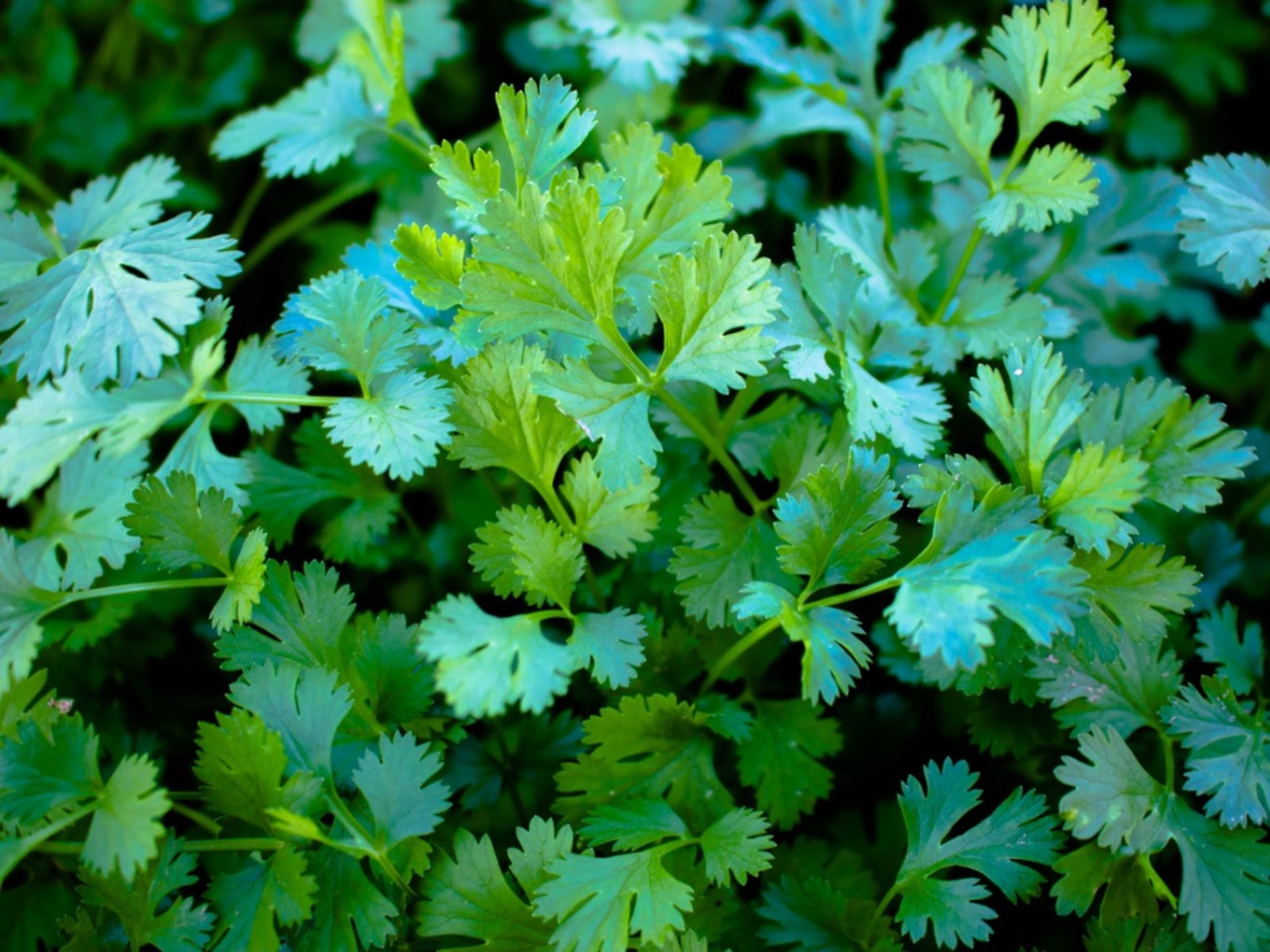 Cilantro Has White Coating On Leaves: Managing Cilantro With Powdery Mildew
Cilantro Has White Coating On Leaves: Managing Cilantro With Powdery MildewPeriods of high humidity, overhead watering and overcrowded plants are likely to lead to powdery mildew on cilantro and many other plants. Learn what to do to control and, if possible, prevent the disease. This article will help get you started.
By Bonnie L. Grant
-
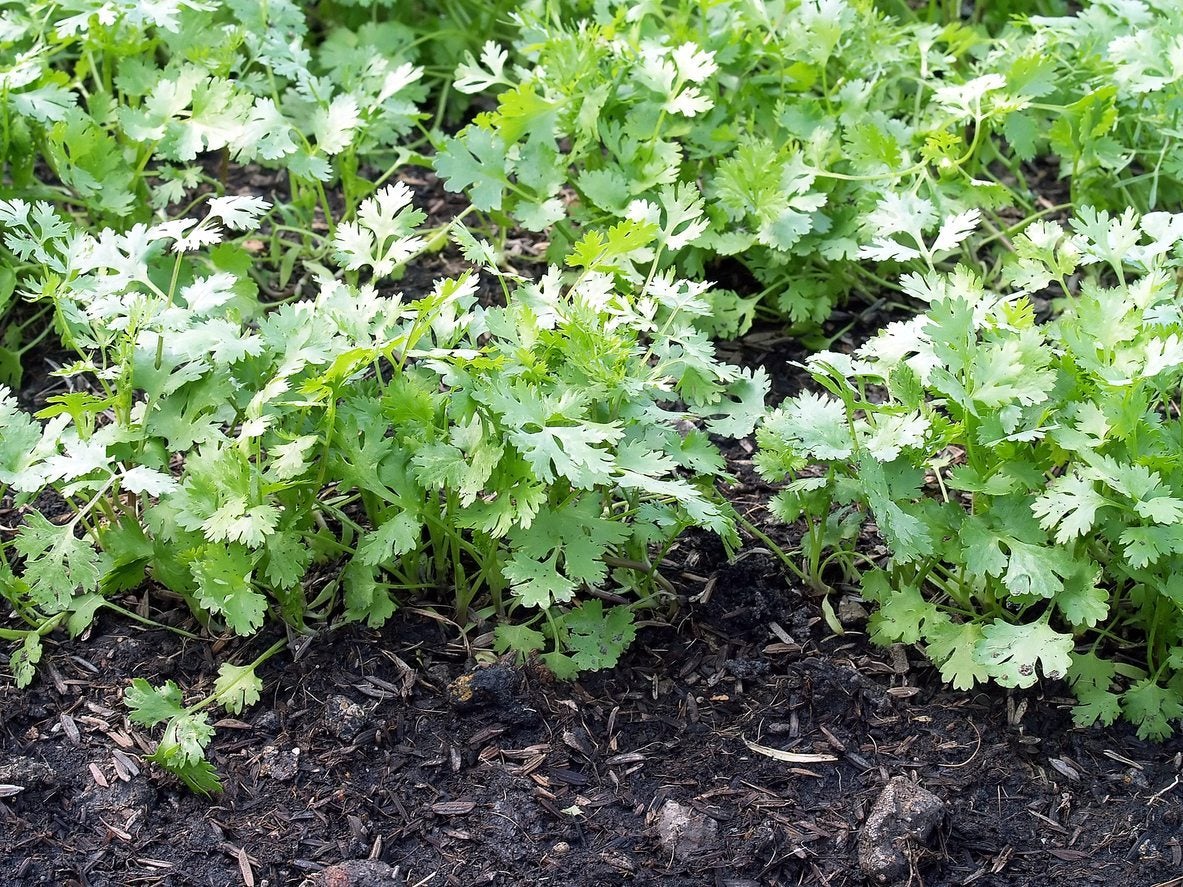 Cilantro Leaf Spot Control: Tips For Managing Cilantro With Leaf Spots
Cilantro Leaf Spot Control: Tips For Managing Cilantro With Leaf SpotsHelp, my cilantro leaves have spots! What is cilantro leaf spot and how do I get rid of it? Sound familiar? We can help. Click the following article for tips and information on managing leaf spot in cilantro plants.
By Mary H. Dyer
-
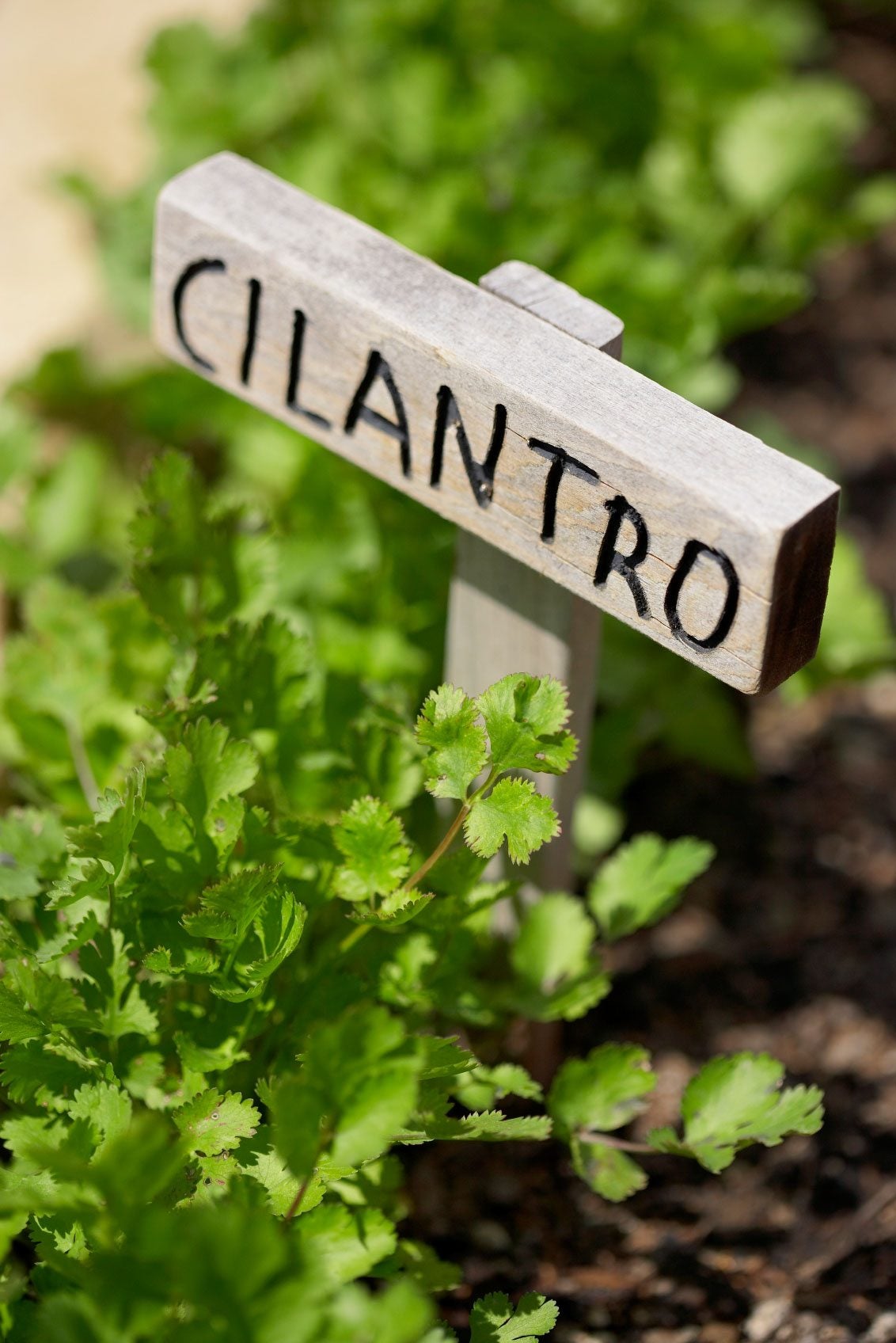 Soapy Tasting Cilantro: Why Cilantro Tastes Soapy
Soapy Tasting Cilantro: Why Cilantro Tastes SoapyYou either love cilantro?s flavor or you hate it - with many people saying that cilantro tastes like soap. So the question is, does your cilantro taste like soap and, if so, what are the reasons why cilantro tastes soapy? Learn the answer here.
By Amy Grant
-
 Information On Growing Coriander Seeds
Information On Growing Coriander SeedsChances are pretty good that if you have ever grown cilantro you ended up with coriander seeds at some point. Coriander is the fruit or seed from the cilantro plant. Click here to learn more.
By Bonnie L. Grant
-
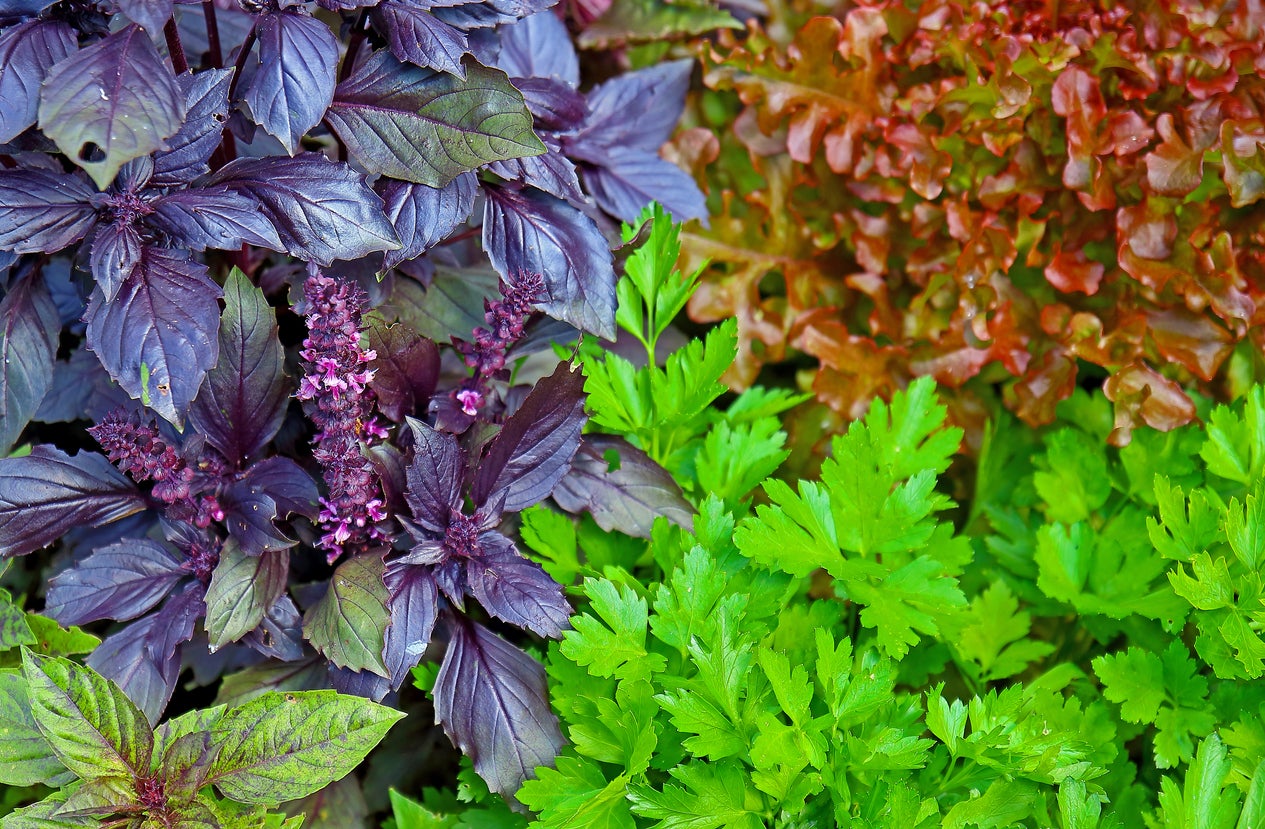 Companion Planting With Cilantro - What Is Cilantro A Companion Plant Of?
Companion Planting With Cilantro - What Is Cilantro A Companion Plant Of?You may be familiar with cilantro as a pungent herb that flavors salsa or pico de gallo. Cilantro, as a companion plant in the garden, is an excellent means of attracting beneficial insects. Learn more here.
By Becca Badgett
-
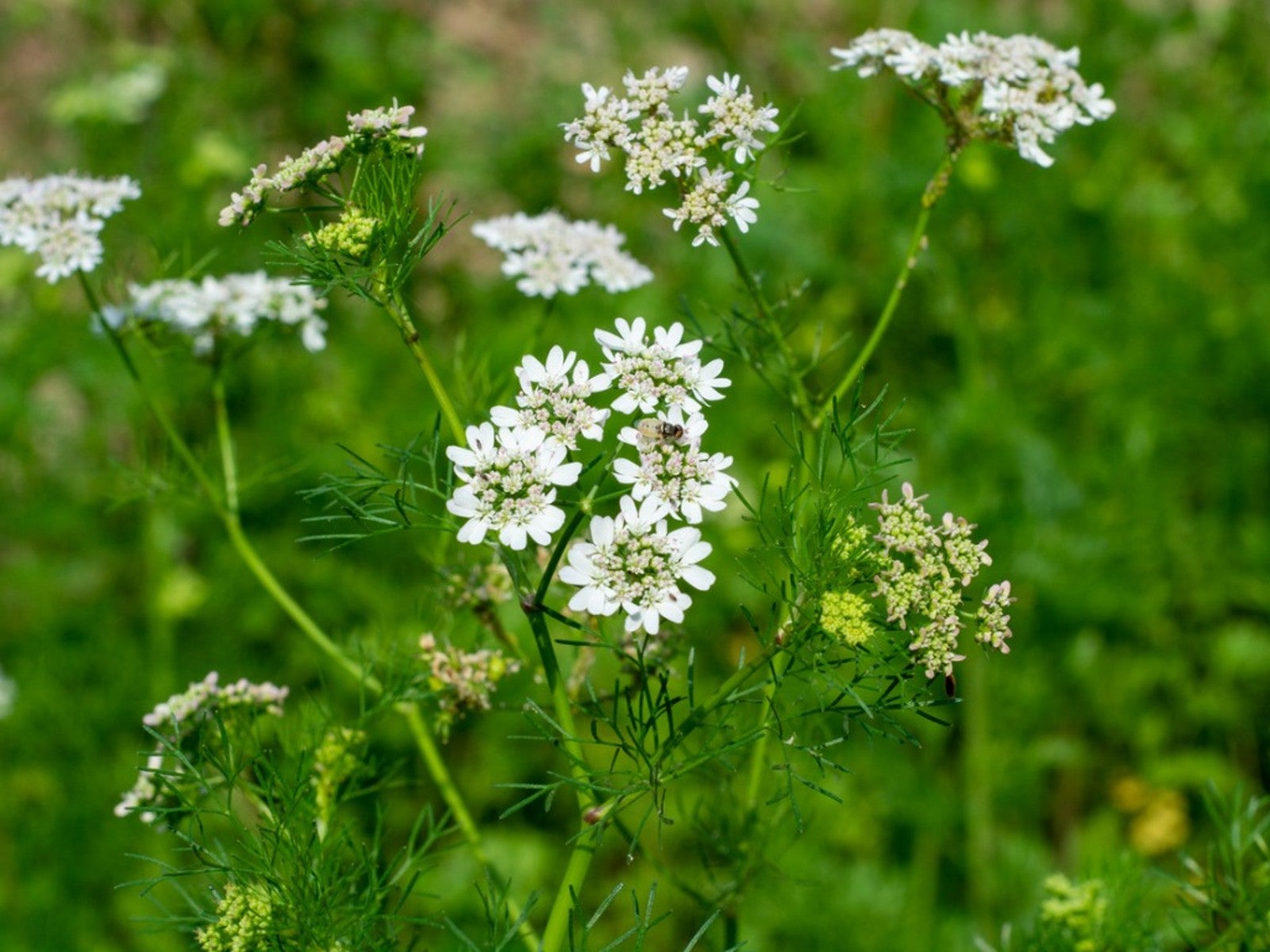 Bolting Cilantro - Why Does Cilantro Bolt And How To Stop It
Bolting Cilantro - Why Does Cilantro Bolt And How To Stop ItCilantro always bolts eventually, but here are some tips about getting the best from this delicious herb and how to keep it going.
By Heather Rhoades
-
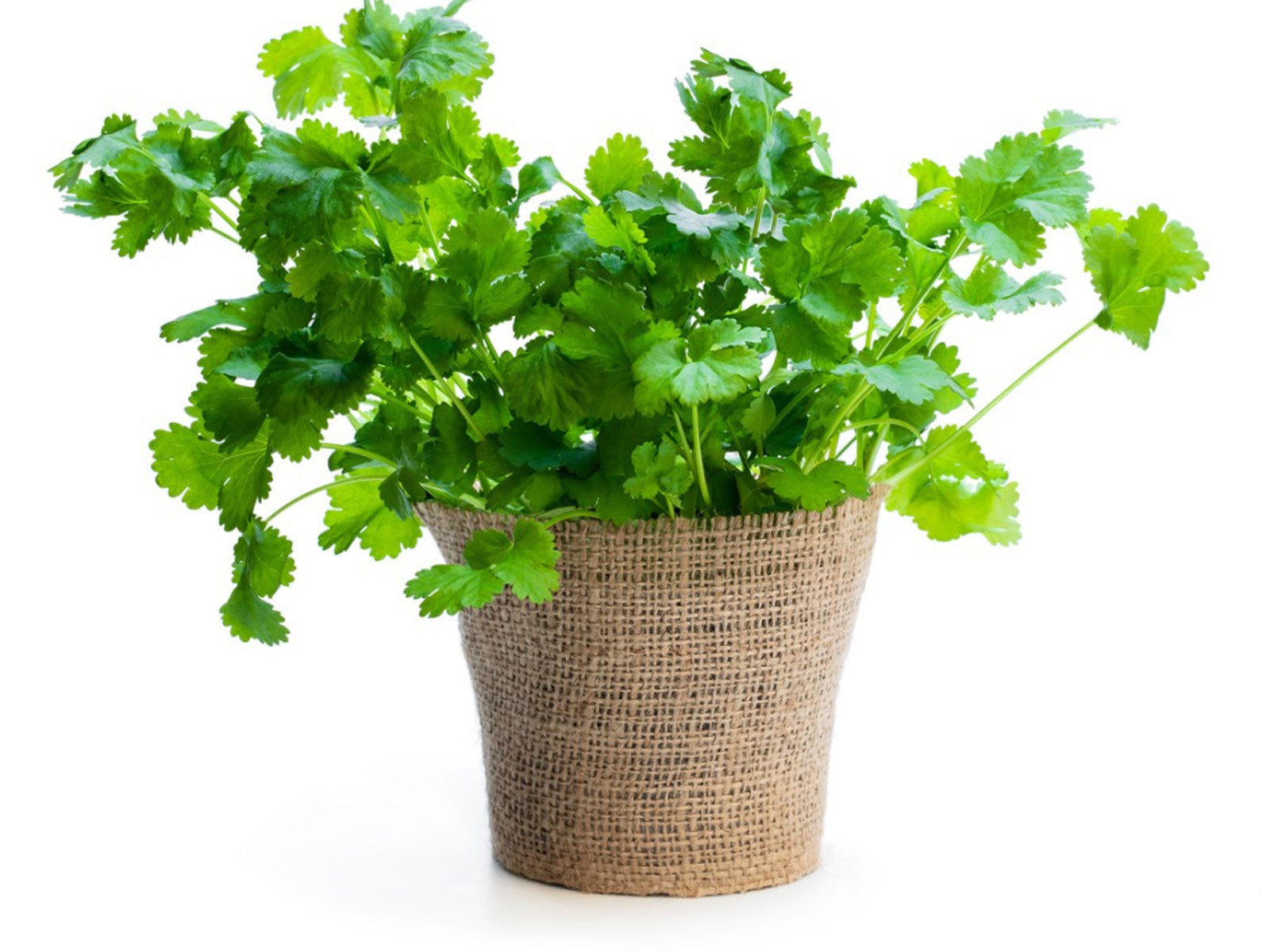 How To Grow Cilantro Indoors: Complete Care & Growing Guide
How To Grow Cilantro Indoors: Complete Care & Growing GuideLearning how to grow cilantro indoors will keep this delightfully tasty herb at your fingertips in the kitchen.
By Mary Ellen Ellis
-
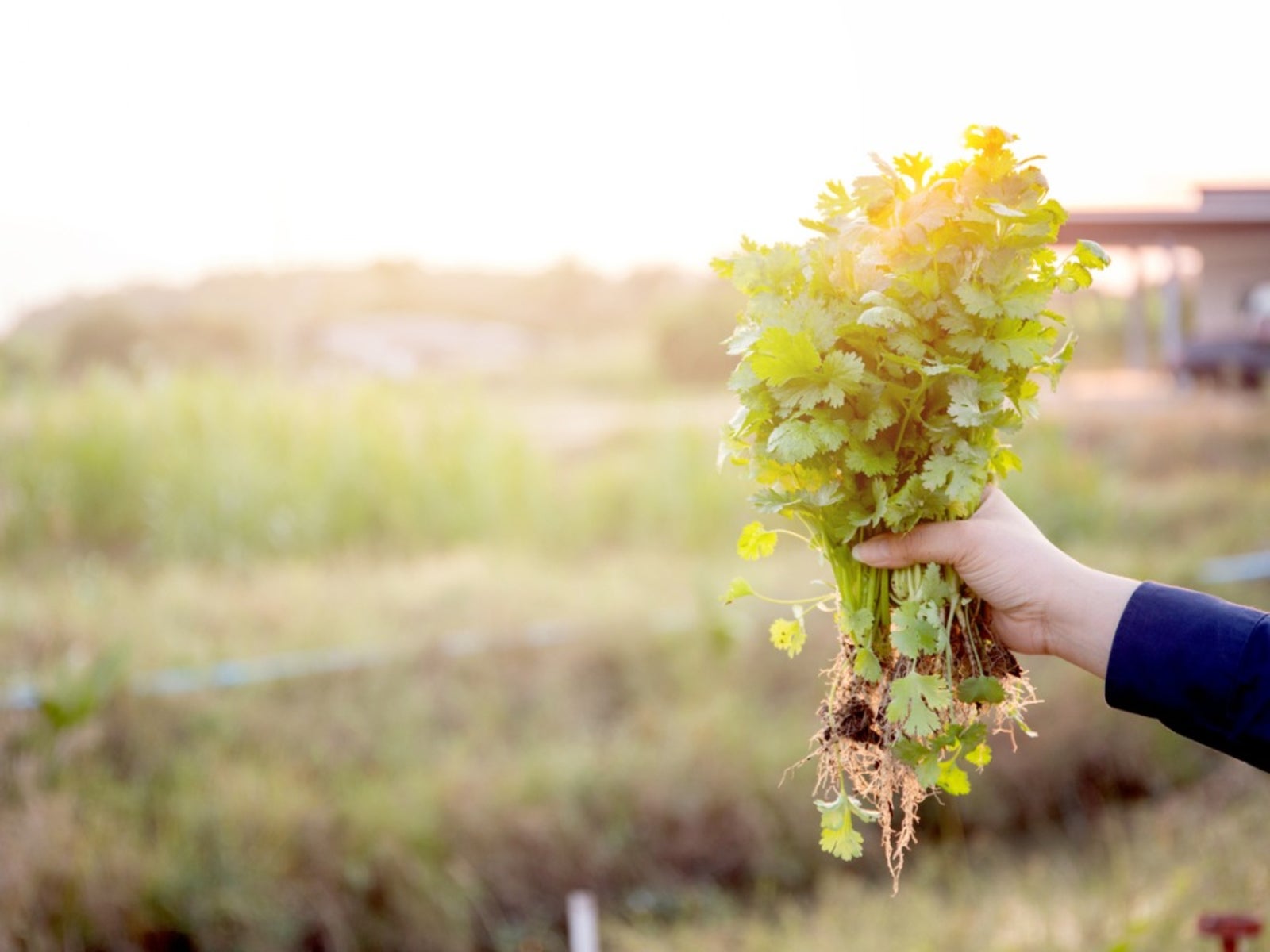 How To Harvest Cilantro
How To Harvest CilantroIf you wish to increase the life span of cilantro, harvesting it regularly will help greatly. When it comes to cilantro, harvesting is relatively easy. Read this article to learn about cilantro harvesting.
By Heather Rhoades